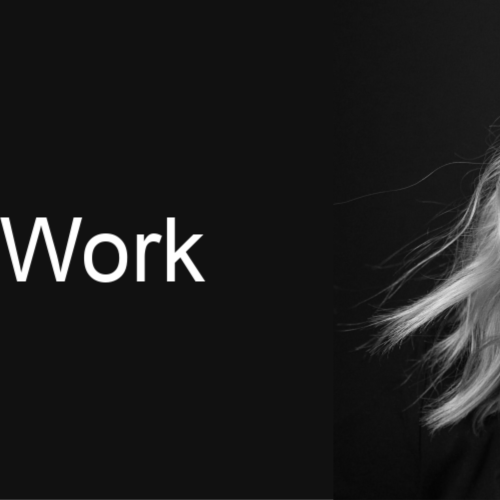
I am nearing the end of “light duty,” no thanks to my gallbladder surgery. What an exhausting journey, but I’m feeling much better.
What is light duty?
Light or modified duty means your employer has put you in a less physically demanding job until you are healed from a medical condition. It can also mean that your employer might alter your current position to meet the restrictions imposed by your doctor or medical team.
Sometimes you’re on light duty because of an injury at work. Other times, it’s because of a temporary medical condition such as surgery or pregnancy. You might also be on light duty because of chronic disease.
I’m grateful for the time off. My clients have been accommodating, my husband has been doing extra chores, and nobody questions me when I ask for help lifting heavy items.
When I tried to push myself and go back to the gym, my surgeon said, “There’s never going to be another time in your life when someone tells you not to exercise. Do you want a hernia? Get your steps in, of course, but don’t push it. Want to do something? Finish your book.”
Snap. Other people aren’t so lucky.
My first HR job was an internship at a candy factory, and my colleagues thought light duty was a scam. People were trying to get out of doing their jobs. Back in 1995, final decisions on light duty were made by the holy triumvirate of the HR Director, plant manager, and union representatives. I don’t remember a ton of sympathy for employees, and most requests — even pregnancy — were viewed with a hermeneutic of suspicion.
It’s not much better now.
Since light duty requests now intersect with FMLA and ADA, many organizations have experts — nurses or third-party medical providers — who review light duty requests and make those decisions. But women are still forced to work physically demanding jobs, and there was a recent article about the high number of women who miscarry in America because they’re forced to choose between being pregnant and work.
What am I doing to fix work for people on light duty?
Well, I have a podcast called “Let’s Fix Work,” and it’s mostly a bunch of privileged people talking about how to fix the professional workforce. Yes, I’m self-aware.
Some of the episodes are pragmatic and helpful, but I’d like to focus more on fixing work for people who need light duty — in the restaurant, retail, healthcare, and transportation industries. Our workforce is sore, suffers from lower back pain, and miscarries at a higher rate. But there aren’t a lot of good answers for it, either.
So far, I’ve learned the answer to fixing work and addressing wellbeing is to swap out the commoditized workforce and replaces them with robots, kiosks, and self-checkout lanes. Then, we send those workers off to a community college to be retrained. But retrained for what? What jobs exist in the future? How do they get paid while they’re retrained? Nobody has good answers to those questions.
Season 2 of Let’s Fix Work kicks off next week.
My light duty ends on Wednesday, which means the next season of Let’s Fix Work is underway. We’ve got Áine Cain on December 3rd. She’s a returning guest and a retail reporter for Business Insider. We’re talking about the real world of work at Costco, Amazon, Target, Home Depot, Lowes and Walmart. I’m excited to have her back and hope you find the conversation interesting.
More importantly, I’m working hard to create a season of Let’s Fix Work that is helpful, interesting, and a little different from your average business podcast. Hope you hear things on my show that you wouldn’t learn anywhere else. And I appreciate your support as I emerge from the shadow of light duty.
I’m feeling better, and I hope it shows in the quality of my work.